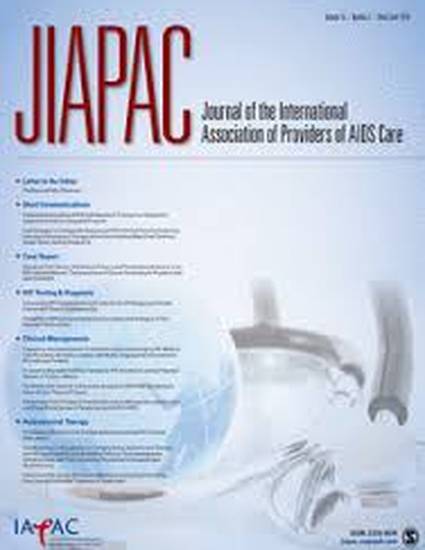
Background: HIV-infected refugees resettled in the United States face many challenges. Longitudinal data regarding HIV-specific outcomes in this population are limited. Methods: We reviewed charts of 51 HIV-infected sub-Saharan African refugees matched to 102 nonrefugees. Outcomes analyzed included CD4 counts, viral loads (VLs), antiretroviral treatment (ART) use, appointment adherence, opportunistic infections, and resistance mutations. Results: The ART initiation was similar. Appointment adherence was similar in year 1, but refugees were significantly less adherent beyond year 3. Refugees and nonrefugees spent similar amounts of time in care suppressed (83% vs 80%, P = .93). Refugees had higher odds of viremia following undetectable VL (OR 2.3, P < .05). Discussion: Initially, sub-Saharan African HIV-infected refugees have comparable appointment adherence, ART use, and VL suppression to nonrefugees. Overtime refugees were less adherent to appointments and more likely to have postsuppression viremia. The support services provided to refugees early in care may be important for retention in care and treatment success.
- refugee,
- sub-Saharan Africa,
- HIV,
- clinic adherence,
- postsuppression viremia
